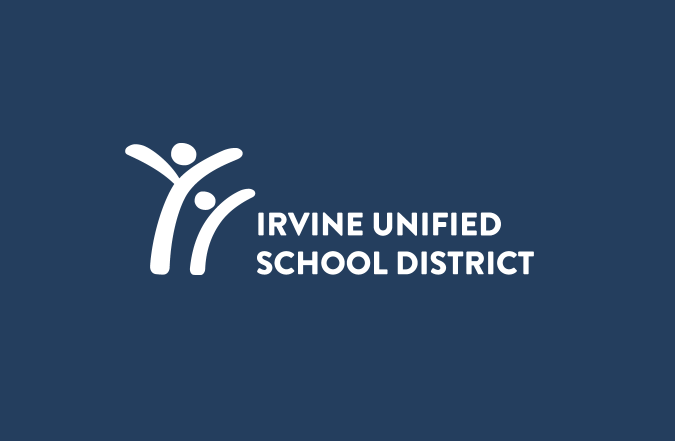
Eastshore Elementary teacher Bill Brooks has racked up plenty of career highlights over the course of his 3o-plus years. But this one, he says, ranks near the top.
***
It all began last year with a class screening of a documentary called "Sharkwater" that sheds light on some of the darker aspects of the shark-hunting industry. As Brooks’ sixth-graders learned, sharks are often caught and stripped of their fins to make shark fin soup, a delicacy in some cultures. Unfortunately, the practice marks the end for the captured sharks, which are usually dumped back into the ocean without the ability to swim, meaning they can't take in oxygen through their gills. Sharks may not be the cuddliest things in the sea, and "Jaws" didn't do them any favors PR-wise, but the animals are important, says Chad, a former Eastshore student who is now a seventh-grader at Lakeside Middle School. “They make a lot happen in the ocean,” the 13-year-old said. “Without sharks, the whole ecosystem would be messed up, sort of like the animal kingdom without lions.” With that as their motivation, Chad and his classmates sunk their teeth into the issue for a regional science contest called the QuikSCience Challenge -- and they placed second. But they didn’t stop there. Over the next several months, the class charted a course of advocacy and awareness. They started their own website and backed an Assembly bill that was already winding its way through the Legislature. Then they teamed up with Judy Ki, co-chair of the Asian Pacific American Ocean Harmony Alliance, which co-sponsored AB 376 along with the Monterey Bay Aquarium.
***
The bill was finally approved by the Senate on Sept. 6 -- and with bipartisan support. Of the seven senators the Eastshore students spoke to, only one voted against it, according to Brooks. On Oct. 7, Gov. Brown offered his endorsement by way of a signature, and AB 376 was officially law. Starting Jan. 1, no new shark fins will be allowed into California, and businesses will have until July 2013 to use those that are already here. “I was going to school and my mom told me, and immediately I got really excited because that was our main goal with this project,” said Chad. Yahel, who is also attending Lakeside this year, called it a "big moment, because we actually managed to change the law." "But it’s not over," he added. "We still have, I think, 47 more states to go."

